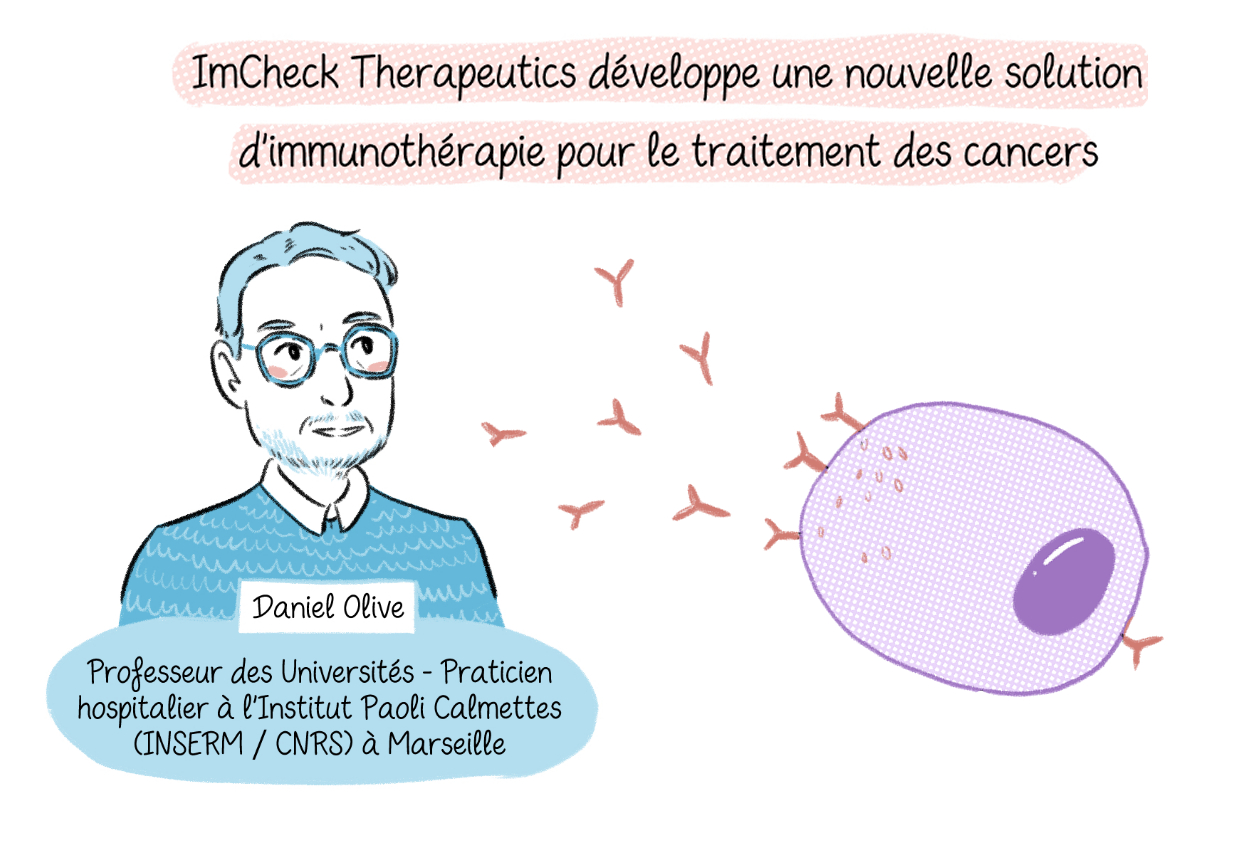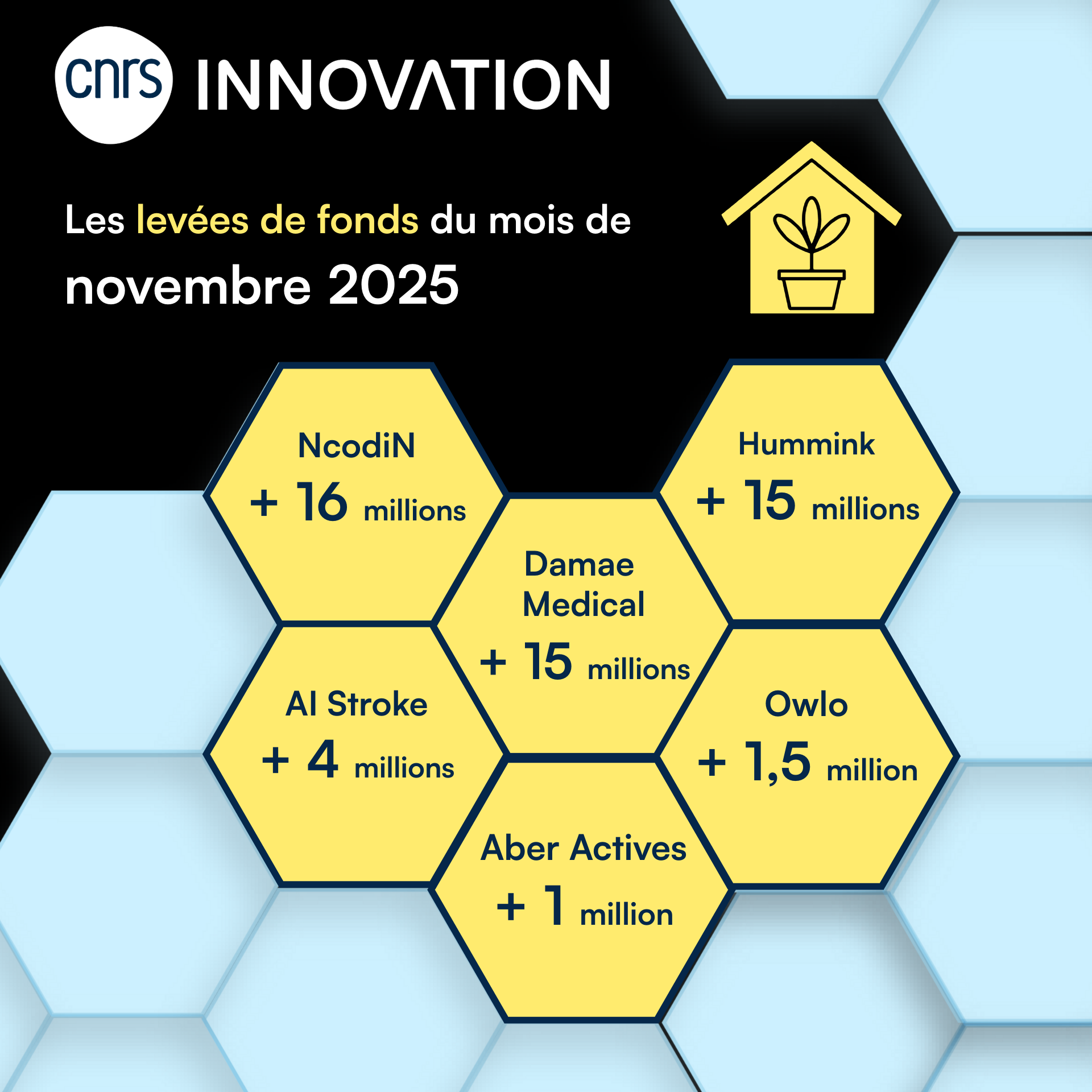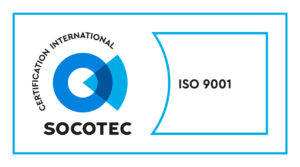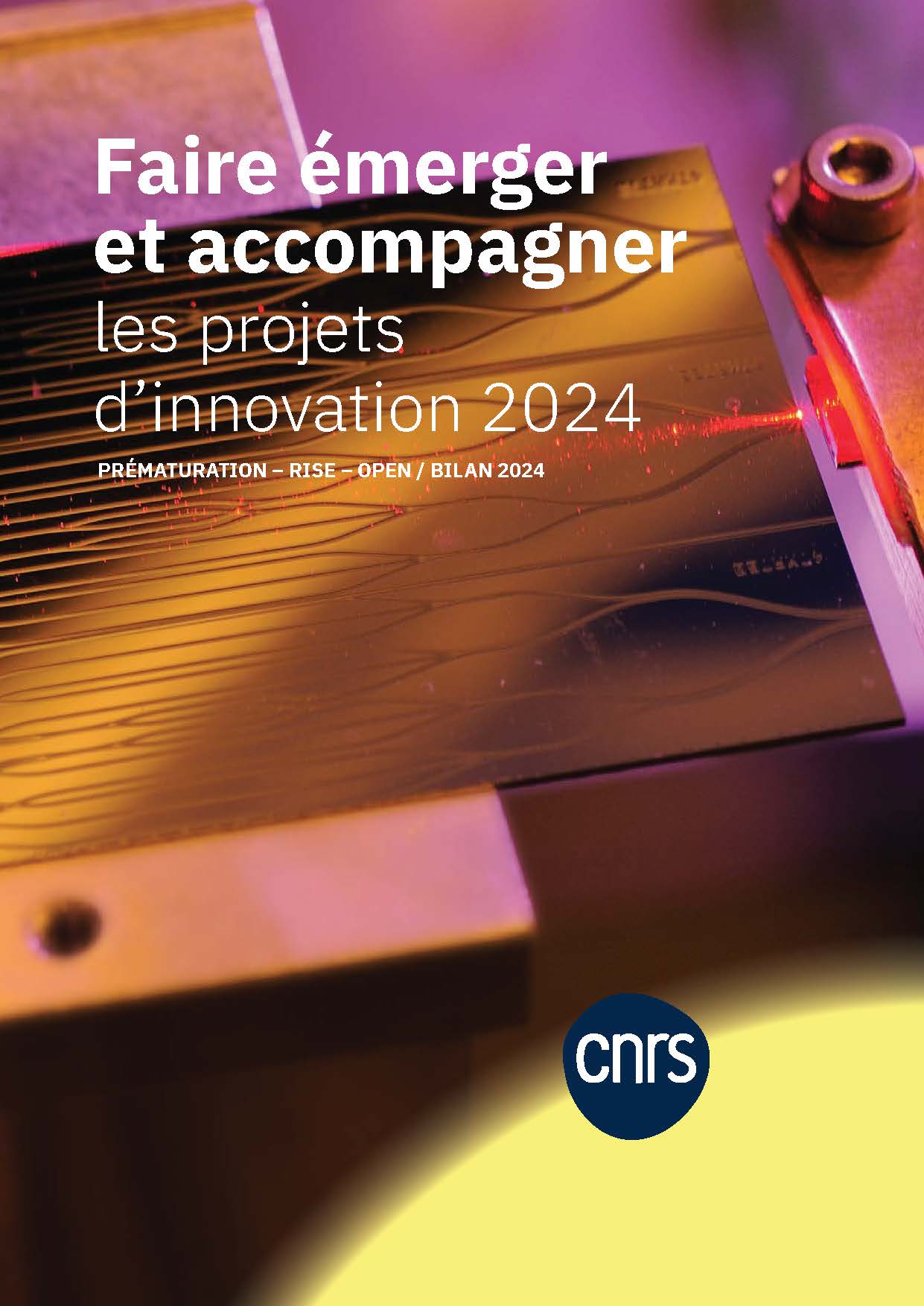CNRS Innovation - De la recherche à l'innovation
0
Experts à votre service
0
Contrats d'exploitation signés depuis 2012
0
Projets accompagnés en prématuration depuis 2014
0
Start-up accompagnées par RISE depuis 2019
Structures maçonnées modèles en forme d’arche © Christophe HARGOUES / LMGC / CNRS Images
Notre actualité
Voir toutes les actus S’inscrire à la Lettre Innovation du CNRS La Lettre Innovation
19 janvier 2026
Un nouvel anticorps pour le traitement des cancers : les résultats prometteurs de ImCheck Therapeutics aboutissent à une nouvelle voie thérapeutique
ImCheck Therapeutics conçoit un traitement contre le cancer par immunothérapie. La société est fondée en 2014 par Daniel Olive, enseignant-chercheur dans l’équipe immunité et cancer du Centre…
Lire la suite
24 décembre 2025
Les levées de fonds du mois de novembre 2025
Chaque mois, retrouvez les levées de fonds des entreprises issues des laboratoires sous tutelle du CNRS.
Lire la suite
18 décembre 2025
15 projets innovants intègrent la nouvelle promotion du programme RISE du CNRS
Mercredi 17 décembre 2025, la 14ème promotion RISE a été accueillie à la Maison de la Chimie lors de la traditionnelle cérémonie d’accueil. Ce sont 15 projets porteurs d’innovations de…
Lire la suiteDonnez vie à votre projet de start-up dans les meilleures conditions
découvrez notre programme
d’accompagnement à la création de start-up
Le booklet des projets accompagnés à CNRS Innovation en 2024
Découvrez les expertises, les services et les programmes de CNRS Innovation, ainsi que le bilan des années 2023 et 2024.
A lire également
Un management certifié ISO 9001 : 2015
CNRS Innovation est certifié par SOCOTEC Certification France pour son système de management de la qualité selon le référentiel ISO 9001 : 2015 concernant ses activités de protection des inventions, d’accompagnement au développement de projets innovants, à la création de start-up et de transfert de technologie.

En savoir plus sur la certification et la démarche qualité de CNRS Innovation



